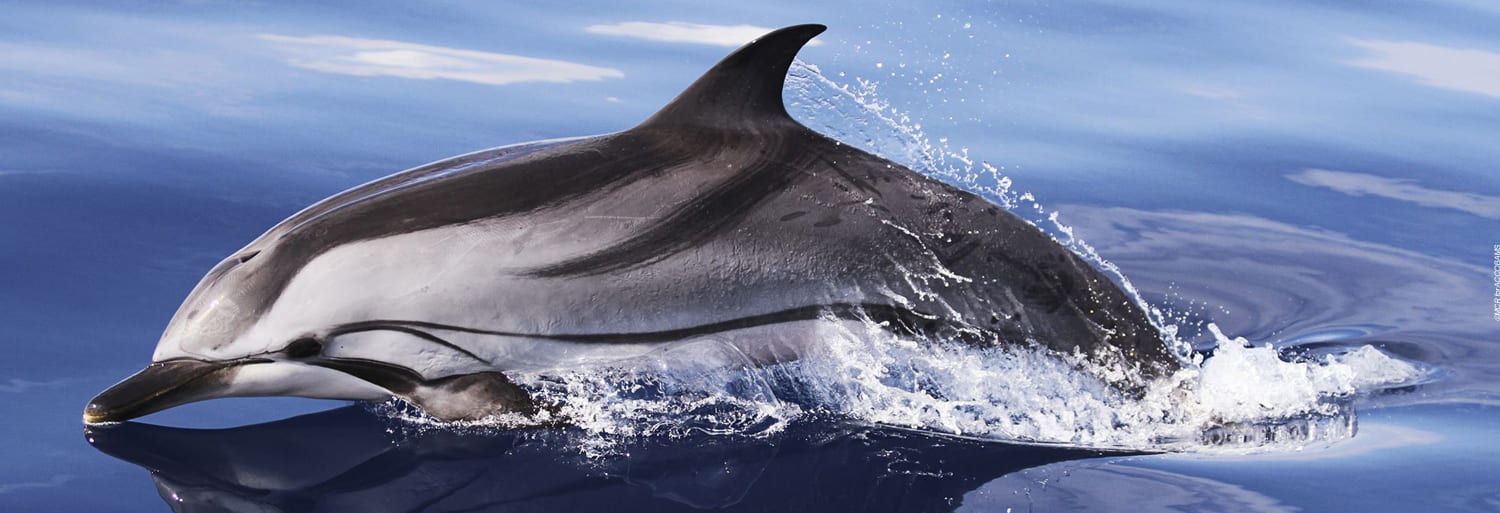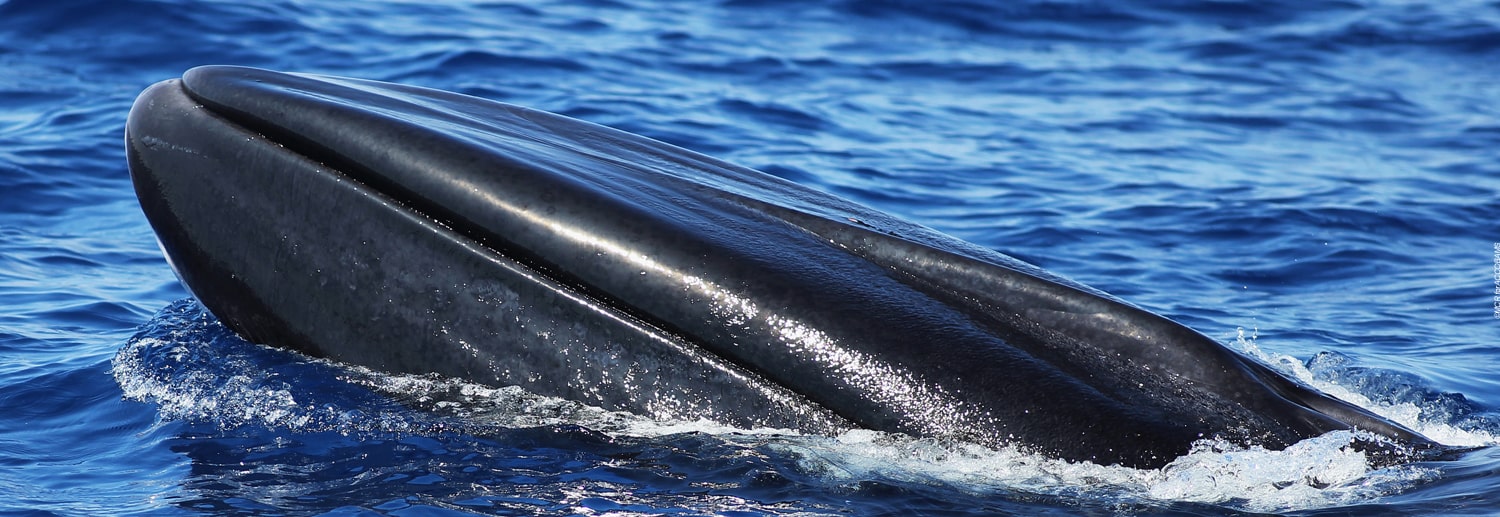Threats
Cetaceans are important for many reasons – ecological, scientific, cultural and even purely aesthetic – and that’s why particular attention should be dedicated to their conservation. At the top of the food pyramid, cetaceans play a major role in the ecological balance of the marine ecosystem.
These species are under several threats that cause damages and are among the main reasons for the decline observed in some populations. Most of these threats result from interactions with human activities and practices. Thus, cetaceans undergo the impacts of anthropogenic noise, of the interactions with fisheries (bycatch ans depredation), of chemical and biological pollution and pollution through marine debris , of navigation (risk of vessel collisions), and of whale watching activities (disturbance). Climate change represents an additional threat to their environmental balance.
Some threats act on cetaceans according to complex mechanisms for which scientific knowledge is not always available; making them difficult to comprehend fully in order to minimise their impacts. Efforts in research and monitoring need to be reinforced to establish and implement adequate conservation measures such as protected areas.
Since several decades, the international community has been aware of the importance of marine biodiversity, particularly in the Mediterranean Sea, but many tasks need to be undertaken to improve the protection of an environment whose complexity and size should encourage cooperative work.





